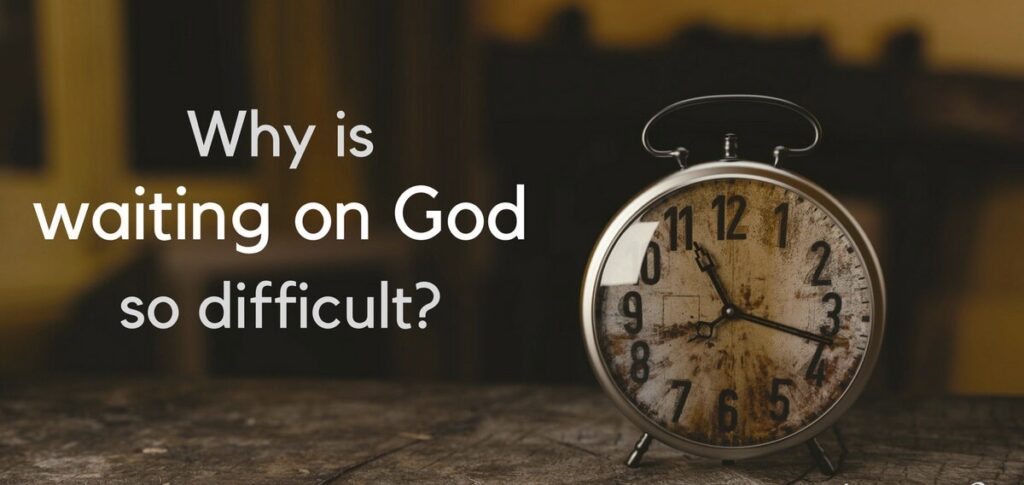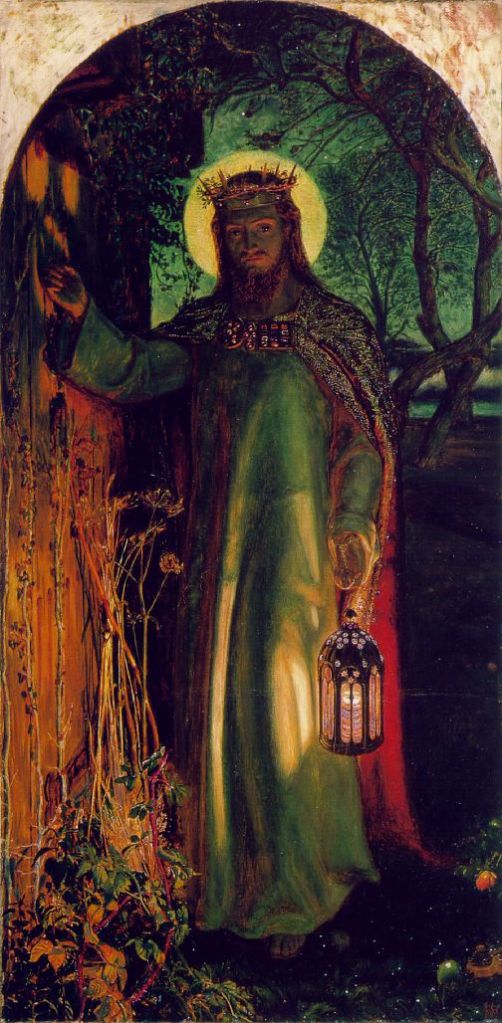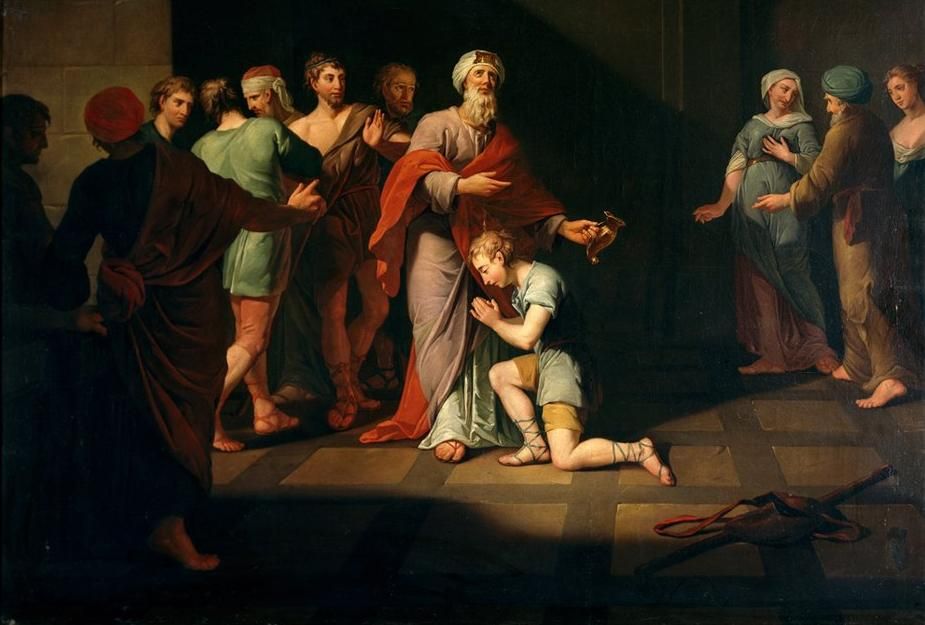Notes for a sermon preached at Holy Trinity Anglican Church, Old Strathcona, Edmonton AB on January 25, 2026.
Texts: Isaiah 9:1-4; Psalm 27:1, 4-9; 1 Corinthians 1:10-18; Matthew 4:12-23
In 2004, I had the opportunity to spend ten days in the Holy Land. One event was a visit to the ruins of Sepphoris. Like most of us on the trip, most of you have probably never heard of this place. Lying in the heart of Galilee, it was the main commercial centre of the region In Jesus’ time. Our group later speculated about why this important town is never mentioned in the Gospels. It’s just over the hill from Jesus’ hometown of Nazareth, and a short trip up the valley from Jesus’ later base of Capernaum. He almost certainly knew it, but there is no mention of him ever being there. Why?
If we were starting a movement today, our inclination might be to go to somewhere like Sepphoris, where the people are, and where the movers and shakers might help us out with some extra cash. But Jesus didn’t do that. He began his ministry by proclaiming “Repent, for the Kingdom of Heaven has come near,” and recruiting fishermen from the Sea of Galilee. His call to repent would not likely have received much of a welcome from the elite of Sepphoris, who were doing quite well for themselves, cozied up to Herod Antipas, whom Rome had installed as their puppet in Galilee. “Repent? Why would we do that? Things are fine just as they are!”
Not so for our fishermen. Even though they were important in the economy of the area, Galilean fishermen led a precarious existence, both socially and economically. Some have suggested that they were seen as unclean. That may or may not be so, but they were certainly not among the respected classes of their people, working long and hard hours for a shrinking return. They were taxed at every turn: licenses to fish in the preferred locations, taxes on the raw materials for boats and nets, taxes on their products, taxes on the transportation needed to sell them. And Rome kept on demanding more.
These are the people whom Jesus called first to form the core of his followers. When he made the invitation, we read that they left their boat and nets immediately and followed him. The life of following an itinerant Rabbi to fish for people may sound pretty iffy, but it appealed to Peter, Andrew, James and John. Perhaps anything would have looked better than their hard-scrabble life, a life that looked more futile every day.
These are the first people we hear of who heard and responded to Jesus’ call to repent. Of what were they repenting? One suggestion is that they were repenting of their attitude of futility, of seeing their lives as having little value, losing more value every day.
“I’m not going to slog on in this pointless way of life anymore. I’m going to turn my life to something that may make a difference in the world.”
That’s an act of repentance: changing your mind about your life and the purpose of that life. It’s an act of repentance that we could do well to emulate in our lives today.
Galilean fishermen were poor and getting poorer, due to exploitation by Rome, and Herod and his cronies. There are many other instances of such oppression throughout history. The region of Galilee had experienced it many years before, when Assyria conquered it and exiled its leadership, the event recalled by Isaiah in today’s reading. It is quite easy to list many other examples, right up to the present day. It is also very easy to react to lists like this with the same attitude of futility that Peter et al lived with daily. Things are not the way they should be, but we continue to pray for the coming of the Kingdom that Jesus said has “come near.” We’ve been praying this way for two thousand years, and the Kingdom often seems beyond our reach.
Is it futile to pray “Your Kingdom come?” Some would say it is and so resign themselves to accommodating to whatever regime is in power. “You can’t fight City Hall!” Or can you? Can you repent of this attitude of futility, and resolve to keep on working to build for the Kingdom? That’s a big part of the first disciples’ response to Jesus’ call, and it ought to be part of ours.
Ought to be? Let me remind you of some of the promises in the Baptismal Covenant, remade every time we celebrate Baptism. We promise:
- to persevere in resisting evil.
- to seek and serve Christ in all persons… and
- to strive for justice and peace among all people, and respect the dignity of every human being
In short, we promise to work for the coming of the Kingdom, as we pray every time we say the Lord’s Prayer.
The work may seem endless, and occasionally futile, but we are not 1st Century Galilean fishermen. We are ordinary 21st Century people, living in an extraordinary time when the world order is changing, climate is changing, common civility seems to be vanishing, and the task of working to build the Kingdom seems harder all the time. But to reiterate: we are people who have promised to follow Jesus, striving to help bring to fruition the Kingdom he proclaimed.
And if we say, “We can’t do this, it’s too much for us,” remember what Paul said to the church at Corinth (not in today’s reading, but last Sunday’s):
I give thanks to my God always for you because of the grace of God that has been given you in Christ Jesus, for in every way you have been enriched in him, in speech and knowledge of every kind just as the testimony of Christ has been strengthened among you so that you are not lacking in any spiritual gift as you wait for the revealing of our Lord Jesus Christ. (I Corinthians 1:4-7)
In other words, we already have all the gifts we need to do the work to which we have been called. Look around you! People with many and varied gifts, here in this congregation, and in every congregation of the faithful, all equipped in their own way to follow Christ, to strive to do God’s will, and to build for the Kingdom.
Friends, never give up! Never think that seeking God’s Kingdom is futile.
Let us repent of such thoughts.
Let us roll up our sleeves and keep on with the Holy work to which we have been called.
Jesus did not first call the elite of the land, but ordinary people like fishermen, and Jesus calls ordinary people like us.
Jesus calls ALL of us.
May God bless you all as you continue in your ministries!
Amen








